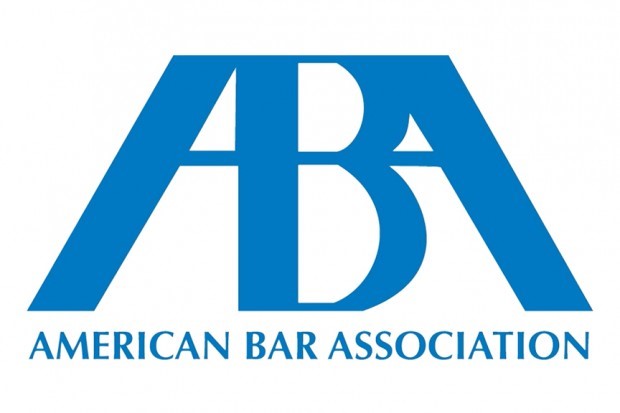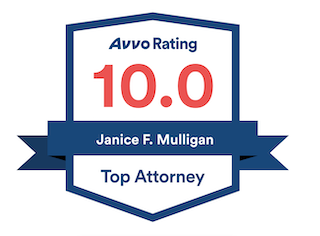What Is Shoulder Dystocia?
Shoulder dystocia is an obstetrical emergency occurring when the fetus’ shoulder becomes stuck behind the mother’s pubic bone during delivery, preventing the normal delivery of the baby’s body. When the shoulders fail to deliver spontaneously, both mother and baby are threatened with serious injury. Failure to identify this dangerous situation or to act quickly and carefully deliver the baby can result in severe injuries to the baby including permanent brain damage and brachial plexus injury.
Shoulder Dystocia Risk Factors
Risk factors for shoulder dystocia include fetal macrosomia, maternal diabetes and obesity. An operative delivery involving the use of forceps and/or a vacuum can also increase the risk of shoulder dystocia. Other factors include a pregnancy that has gone beyond full term, a baby with a body that is large in proportion to its head, or a prior maternal history of births involving shoulder dystocia.
How Can Shoulder Dystocia Injury My Baby?
When a shoulder dystocia occurs, it is below the standard of care for health care providers to fail to perform the safety maneuvers or perform them incorrectly. If they pull too hard on the baby’s head or neck, this can stretch or tear the brachial plexus nerves that extend down the neck and into the arm and lead to brachial plexus palsy, sometimes called “Erb’s palsy.”
Shoulder dystocia can also cause the umbilical cord to get trapped or compressed resulting in decreased or cessation of the blood and oxygen supply to the baby’s brain. This can lead to brain damage, hypoxic–ischemic encephalopathy (HIE), cerebral palsy, other neurological injuries and even death.
Contact A Shoulder Dystocia Lawyer In California
If your child experienced an injury from shoulder dystocia or has been diagnosed with Erb’s palsy or brachial plexus palsy, call Mulligan Law to speak to one of our medical negligence attorneys. Our firm of California medical malpractice lawyers has successfully handled many cases involving injuries resulting from shoulder dystocia. There is no cost to call and have your baby’s case evaluated by our highly specialized team of personal injury lawyers and medical malpractice professionals.
Please note that the information on this page is based on past cases and research in public sources performed by a law firm. It is NOT intended to be medical advice. If you suspect that you or your loved one is at risk for shoulder dystocia, contact your doctor immediately.












